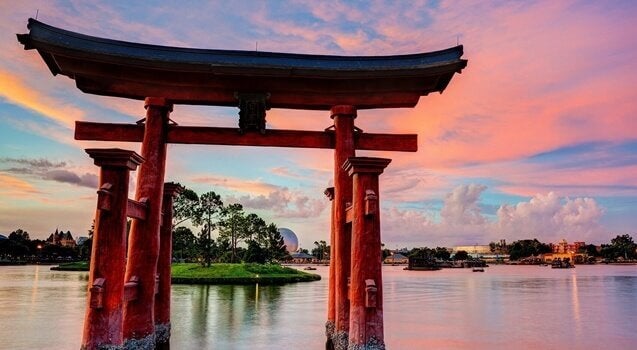In our culture, no word defines what ikigai means to Japanese culture, according to the Japanese, everyone has an ikigai, something like a reason to exist, some have found it and know it, others have it in them, but they still don’t know it and they may never try to achieve that understanding.
Today’s society bombards us with the culture of material goods, how good it is to have more and more money, the best car or a very luxurious house, that motivates us to work more and more to get all these assets. In this way we end up forgetting ourselves, of our inner well-being. On the other hand we are increasingly precarious and, in most cases, we are forced to work out of necessity and not by vocation. In the end, this situation becomes a vicious circle from which it is very difficult to get out and which, above all, generates great personal dissatisfaction.
- In the book “Ikigai.
- The secrets of the Japanese for a long and happy life”.
- Hector García and Francesc Miralles recount the experiences of centennial Japanese in the village of Ogami.
- Where they live a healthy and happy life.
- Describe some tricks for each of us to seek within us the reason for our own existence.
- In this way our self-esteem could improve.
- As we begin to become more aware of activities or ways of life that are more pleasant to us.
- Which leads us to a state of greater inner peace.
“Happiness is the meaning and purpose of life, all the purpose and purpose of human existence. “Aristotle.
Here are some key points that help you discover Japanese secrecy to find happiness:
The reason why these centennial Japanese rise every morning is the legitimate reason or reason for being and existing, for them there is neither the word nor the concept of retirement, they continue to perform the same tasks for the rest of their lives, because for them it is a satisfaction to do what is necessary for the good of the community.
“The goal is to identify what each of us is good at, what makes us happy to do so, and what makes us aware of the world and make a difference in it. When you have all this, you have more esteem because you feel that your presence in the world is justified. Happiness is just a consequence? says Miralles.
Japanese older adults are used to proposing to collaborate with everything around them, feel integrated into the community, and are useful to society.
Encouraging and promoting social relationships is very positive for quality of life, when we relate improves mood and we get many emotional benefits, relationships help us to be more independent, resolute and improve our cognitive abilities
The secret of these Japanese dishes lies in the consumption of a wide variety of foods in small plates, raw fruits and vegetables are an integral part of the diet, they only use sugar directly and, if they do, it is sugar cane grown in their own fields.
They consume fewer calories and, to achieve this, follow the principle of drunken hara hachi, an idea that we should stop eating when we are at 80% of the capacity of our stomach.
The inhabitants of Ogami live a life without stress or anxiety, the haste for them does not exist, optimism and smile are the main laws among all the laws that make up the ikigai.
Our actions are based on our thoughts. If we change the way we think, we can also start changing the choices we make. Human beings are always looking for personal growth, both physically and emotionally. Positive internal conversations can help us take steps that lead to great achievements.
Each morning a group exercise is organized before starting the daily routine, these are basic exercises that involve stretching muscles and moving joints, whose purpose is to strengthen the spirit of cooperation and unity among all participants.
“It takes very little to have a happy life, everything is in us and in our way of thinking. ” – Marcus Aurelius-
The search for our own ikigai can be long and profound, but once we have found it, we will feel that happiness has invaded us, because we have finally found our reason for living, which rests on the four basic pillars of life: passion, vocation, mission and profession.

